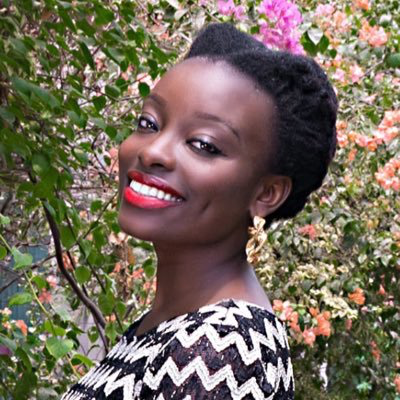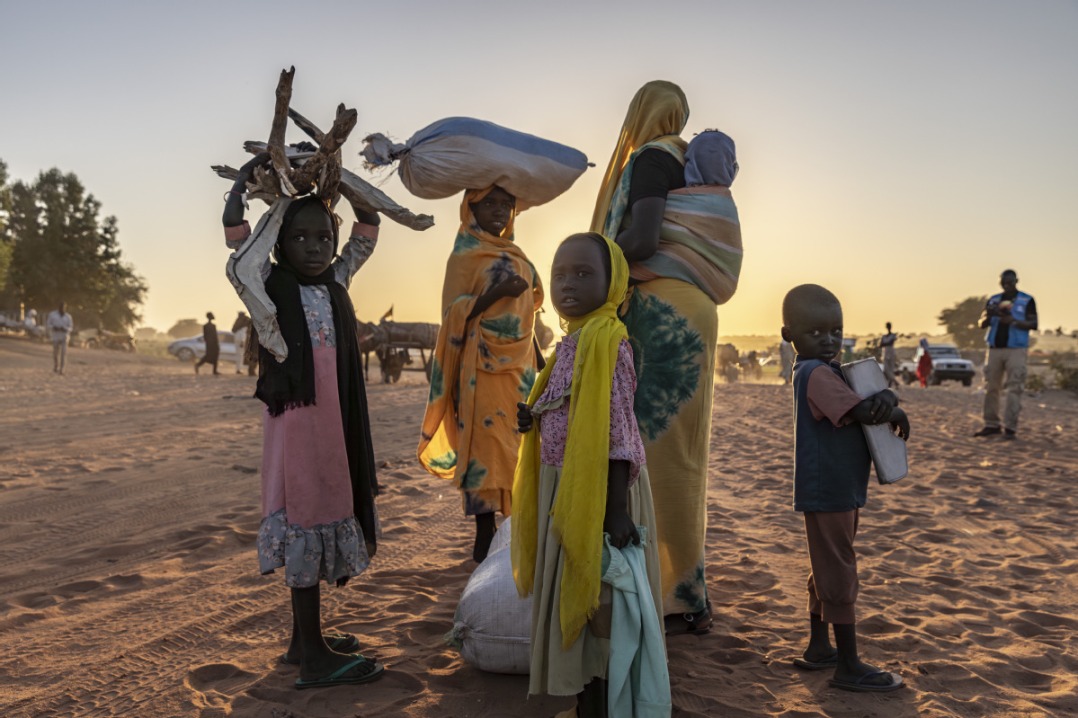Translations reach out to millions in pandemic


Editor's note: This news column showcases stories from around the world that bring a touch of positivity to the fight against the deadly coronavirus.
When the COVID-19 pandemic began, Cambridge University researcher Ebele Mogo became immediately concerned that crucial health information might get lost in translation across Africa.
Mogo knows what she is talking about. Africa is one of, if not, the most linguistically diverse regions of the world, and Mogo comes from Nigeria, home to about one quarter of the estimated 2,100 languages spoken on the continent.
She put out some feelers on social media: could anyone help translate information on the novel coronavirus into African languages?
She was overwhelmed by the response. Dozens of people came forward in the first few hours- Ghanaian nurse fluent in Twi, a teacher and native Shona speaker from Zimbabwe, a pharmacist able to help cover some 22 million Ethiopians who communicate in Amharic.
"I just reached out to a lot of Africans in my network," Mogo said. "And it really just snowballed from there. People saw the need for it and people automatically started posting and reaching out and emailing."
Today she oversees a crowdsourcing translation network of more than 40 volunteers who translate COVID-19 public health information into 18 of the most spoken languages in Africa. These include Hausa, a Chadic language spoken by at least 70 million in West Africa, Yoruba, spoken by about 50 million people mainly in Nigeria, and Igbo, spoken by about 45 million speakers across Nigeria and Equatorial Guinea.
Mogo herself has worked in public health since gaining a biomedical science degree from the University of Waterloo in Canada in 2009. She is now a research associate in the epidemiology department at Cambridge University, and specializes in the link between urbanization and chronic illnesses like diabetes.
Running several health campaigns in urban and rural communities has given her keen insight into the complexities of communicating sound public health information in many areas of Africa.
Mogo identified messaging on prevention as a primary objective for the project. She wanted accurate, standardized messaging across all languages, which she sourced first in English from a World Health Organization database.
The volunteers began by translating information from WHO about hand washing, social distancing and masks. Each message was translated into an African language, and presented in an infographic, made available on the website for the Engage Africa Foundation, which Mogo founded eight years ago.
Individuals or health authorities can download the infographics and disseminate them through email, messaging apps, or printable versions, ensuring that access to technology is not an issue.
Mogo also wanted to address misinformation and myths about the novel coronavirus. In some communities, hot showers and certain foods were being spoken of as ways to prevent or cure the disease, she said.
Mogo said that letting people know that antibiotics are ineffective against viruses, and that the disease can still spread in hot and humid climates, were other essential messages in need of clear and accurate translation.
Increasingly valuable
Resources such as the Engage Africa Translation Project are becoming increasingly valuable as the number of confirmed cases rises fast in Africa. The Africa Centres for Disease Control and Prevention is warning that Africa could become the next epicenter of the COVID-19 pandemic.
Mogo said that there needs to be a firm emphasis on prevention because some African nations struggle with underlying vulnerabilities in their healthcare systems.
"With an outbreak like this, the best case of how to handle it show us that prevention is the biggest offensive you can take."
She also stressed that health authorities in several African countries have experience with epidemics, and that African experts have come up with many innovative ways to combat outbreaks. The WHO has recently hosted a number of virtual sessions featuring African specialists who are providing creative solutions to critical gaps in the response to COVID-19.































